The Pakistan textile industry, a cornerstone of global manufacturing, hinges on the strategic acquisition of raw materials to fuel its intricate processes. This article delves into the multifaceted realm of raw material sourcing, focusing on the prominent utilization of cotton and Man-made fibers (MMFs) in the textile sector. As global consumption patterns shift and technological innovations reshape production landscapes, an in-depth exploration of primary raw material sourcing is imperative.
Cotton and Man-made Fibers: A Balancing Act

Cotton, a natural fiber known for its softness and breathability, has historically been the linchpin of the Pakistan textile industry. However, a notable transformation is underway, with Man-made fibers (MMFs) gaining ground. This shift is evident in the consumption ratio, which has dramatically transitioned from a mere 30% MMF-based products against natural fibers a decade ago to a staggering 70% today. This metamorphosis is not solely coincidental; it mirrors the profound benefits that MMFs offer.
Source - State Bank of Pakistan Survey
Cotton's Woes: Climate and Biotic Stresses
The production of cotton in Pakistan, a key player in the global textile landscape, has been plagued by an array of challenges. Climate change has unleashed a maelstrom of unpredictability, disrupting traditional cultivation practices. The amplification of heat and biotic stresses, including the relentless assault of the Mite fly and pink bollworm, have further exacerbated cotton's plight. In response, the Ministry of National Food Security & Research has crafted an innovative 'Agriculture Transformation Plan', bolstered by legal amendments to expedite the rollout of cutting-edge cotton-related technologies. The strategic cultivation of cotton and the meticulously traced journey of quality-certified seeds to the hands of farmers epitomize a holistic approach to reclaiming cotton's vigor.
Global Weaving: A Complex Tapestry
A global textile hub, Pakistan relies not only on domestic cotton production but also on imports from diverse regions such as the USA, Brazil, India, the Middle East, Europe, and Asia. During FY 2019-20, the tapestry of cotton production spanned 2.5 million hectares, yielding approximately 9.1 million bales, juxtaposed against 2.8 million bales imported. This intricate dance of imports and local production underscores the industry's quest to ensure an unbroken supply chain.
Might of Man-made Fibers: A Technological Renaissance

Man-made fibers (MMFs), embodying innovation and sustainability, have etched an indelible mark on the textile sphere. The escalating demand for MMF-based textile products, attributed to their cost-effectiveness, ecological friendliness, and exceptional durability, has been a driving force. Technological leaps have led to the inception of synthetic materials that not only provide protection and softness but also surpass cotton in moisture absorbency. Polyester and viscose, sourced predominantly from China, Indonesia, and Korea, stand as MMF exemplars. However, the journey of these fibers is punctuated by anti-dumping duties, ensuring fair trade.
Ginning: The Art of Fiber Transformation
The journey from cotton fields to spinning units weaves through the intricate realm of cotton ginners. Pakistan's domestic cotton is shepherded by approximately 1,200 cotton ginning units, with a majority scattered across Punjab and Sindh. While some units are organized, a substantial portion operates in a decentralized manner. The pivotal role of cotton brokers in bridging the gap between ginners and industrial processing units paints a vivid portrait of this crucial intermediary phase.
Spinning: Unraveling the Yarn Saga
Ranked as the fifth-largest yarn online Pakistan producer, third-largest consumer, and second-largest yarn exporter worldwide, Pakistan's spinning segment boasts formidable might. Capable of yielding over 3.1 million kgs of yarn annually, this segment straddles the line between organized and unorganized markets. A landscape defined by approximately 13.41 million spindles, it churns out a staggering 3.44 billion kgs of yarn online Pakistan. The consistent growth in yarn production serves as a testament to Pakistan's unwavering commitment to the textile industry.
.png)
Buy Premium Quality Yarn Online Pakistan
Weaving: Crafting Textile Marvels
.png)
Weaving, the artisanal core of the textile cosmos, unfurls its magic through three distinct sub-sectors: Integrated, Independent Weaving units, and Power Loom units. The gradual surge in investments in shuttle-less looms within both integrated and independent spheres signifies an evolving narrative. During FY 2020-21, the looms bore witness to the creation of 1.048 billion sq meters of fabric. The harmonious blend of cotton and other fibers birthed 969 million sq meters of cotton fabric, with the remainder embracing a symphony of blended textiles.
Embracing Evolution: The Path Forward
.png)
As the sun sets on this intricate exploration of raw material sourcing in the textile industry, the curtain rises on a future brimming with possibilities. From the delicate cultivation of cotton to the resounding hum of spinning units and the artistic finesse of weaving, each facet forms an indispensable thread in the fabric of innovation. Pakistan, an emblematic player in this global symphony, stands poised to intertwine tradition and technology, fostering a tapestry that celebrates both the past and the promise of tomorrow.





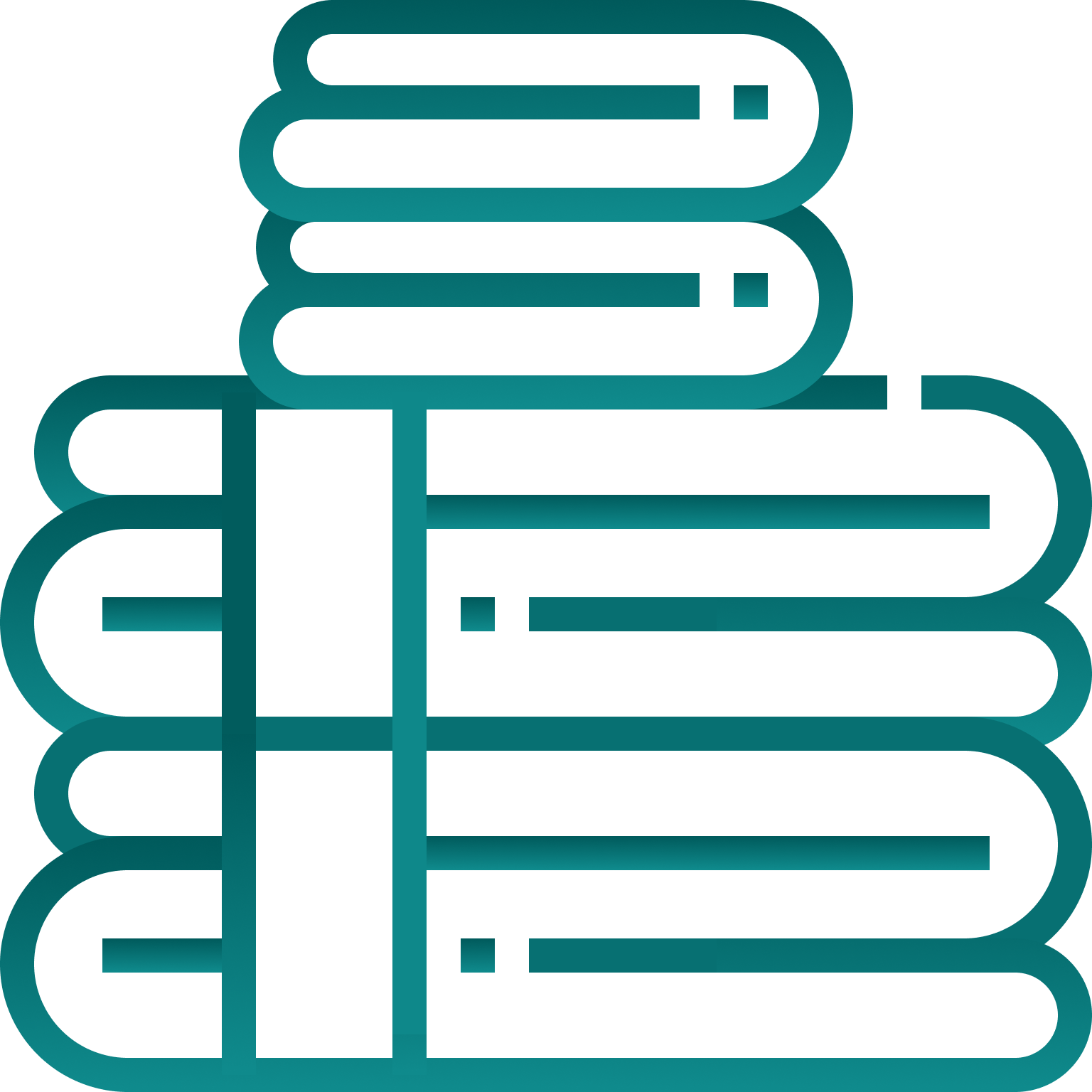
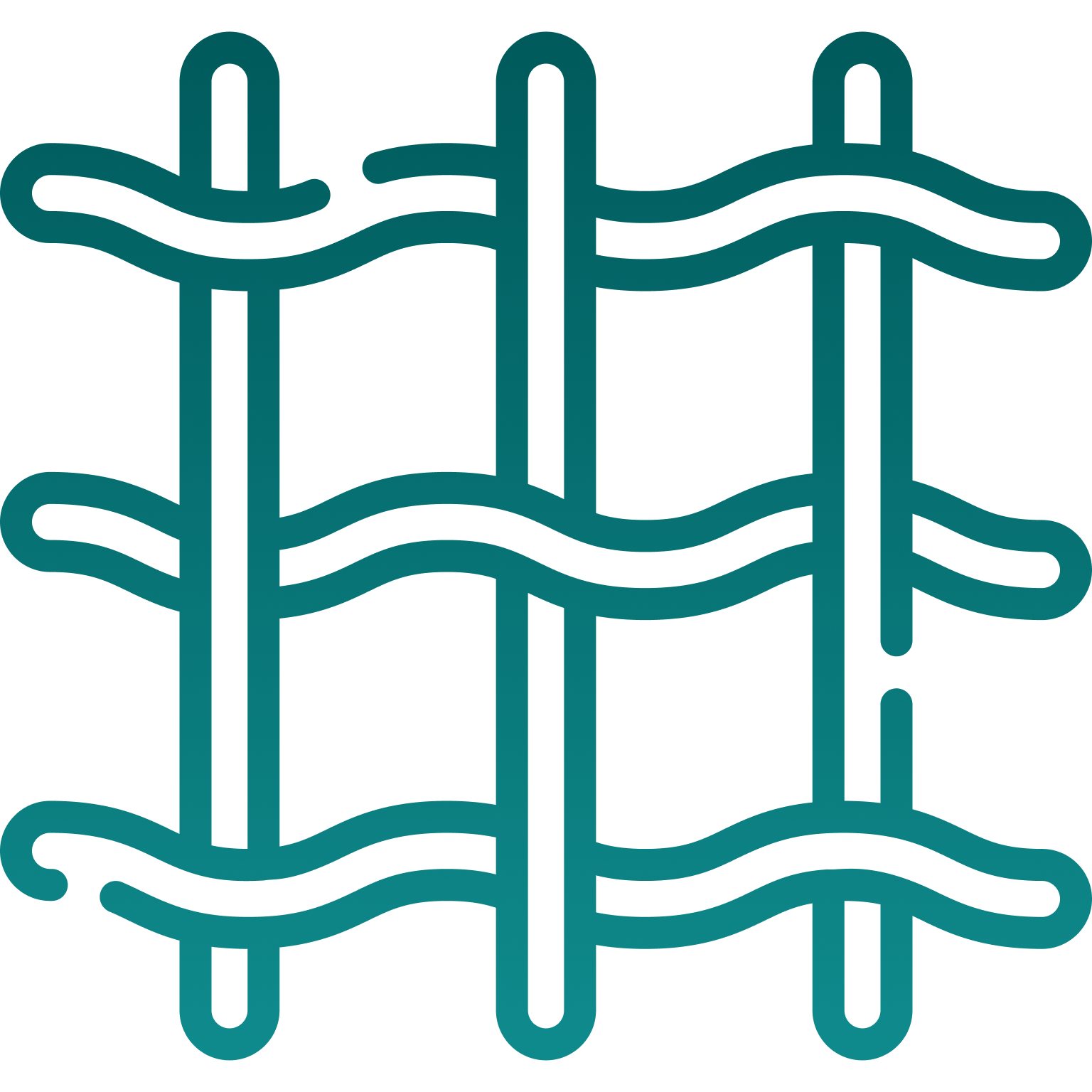

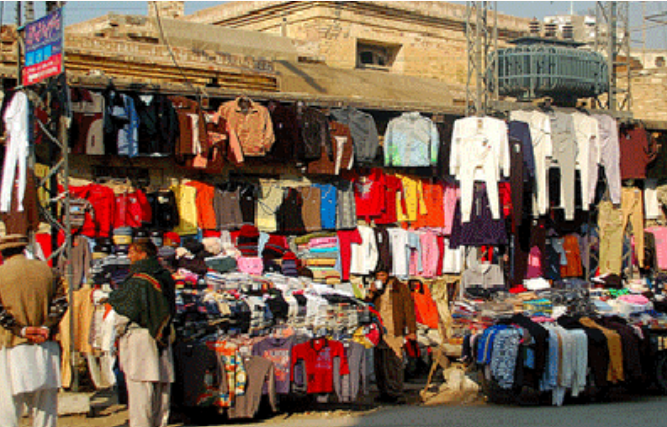





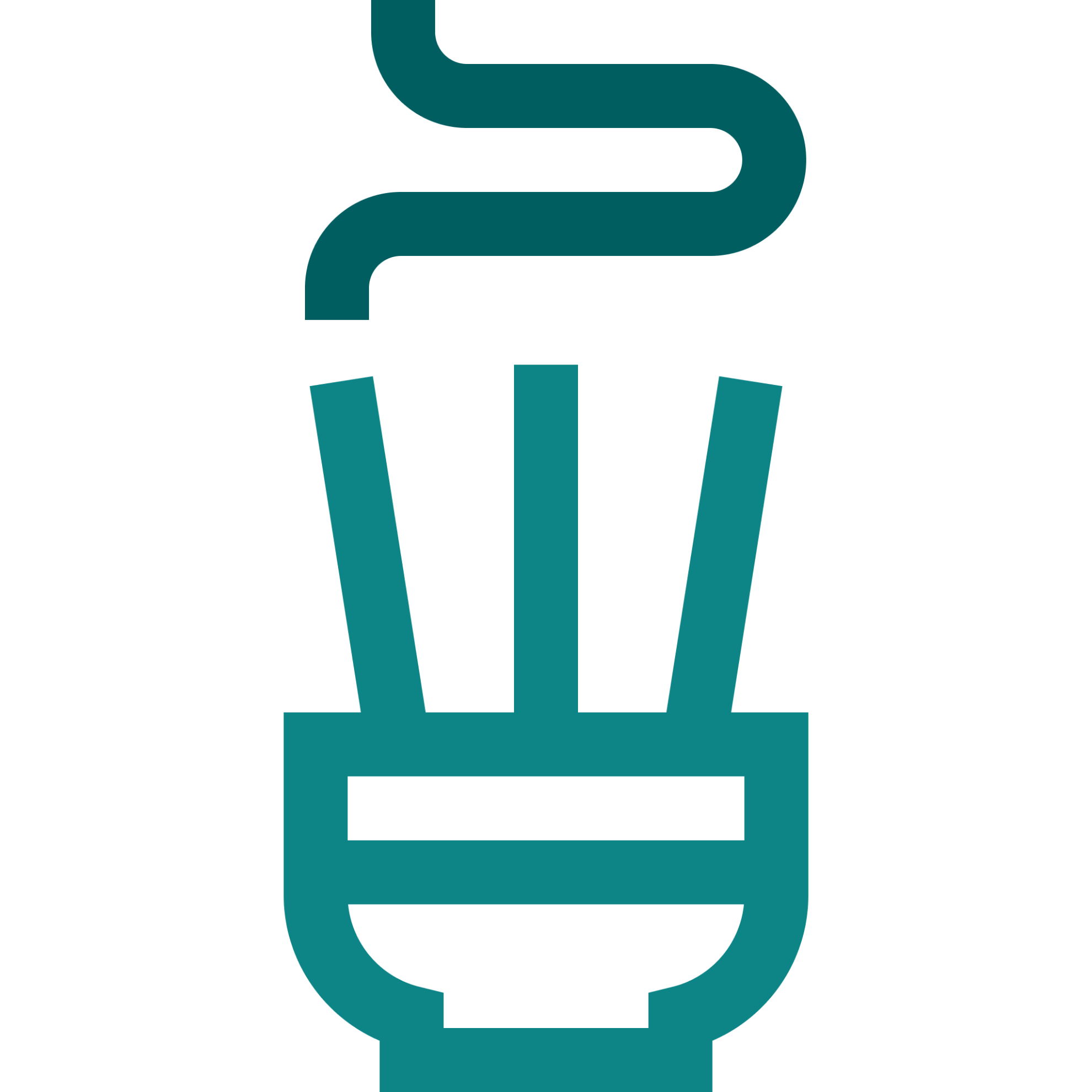
.png)


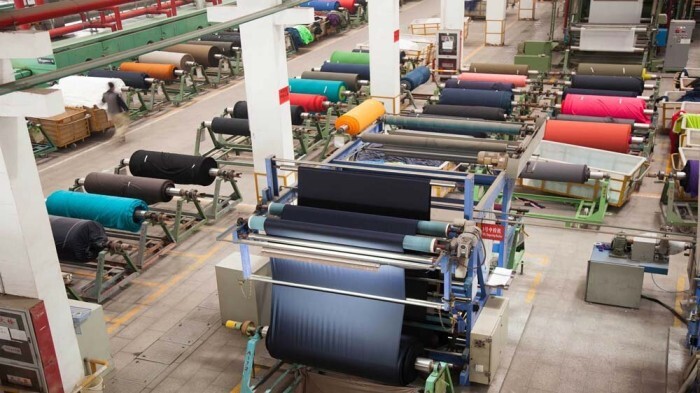

_1000.png)
_1000.png)

